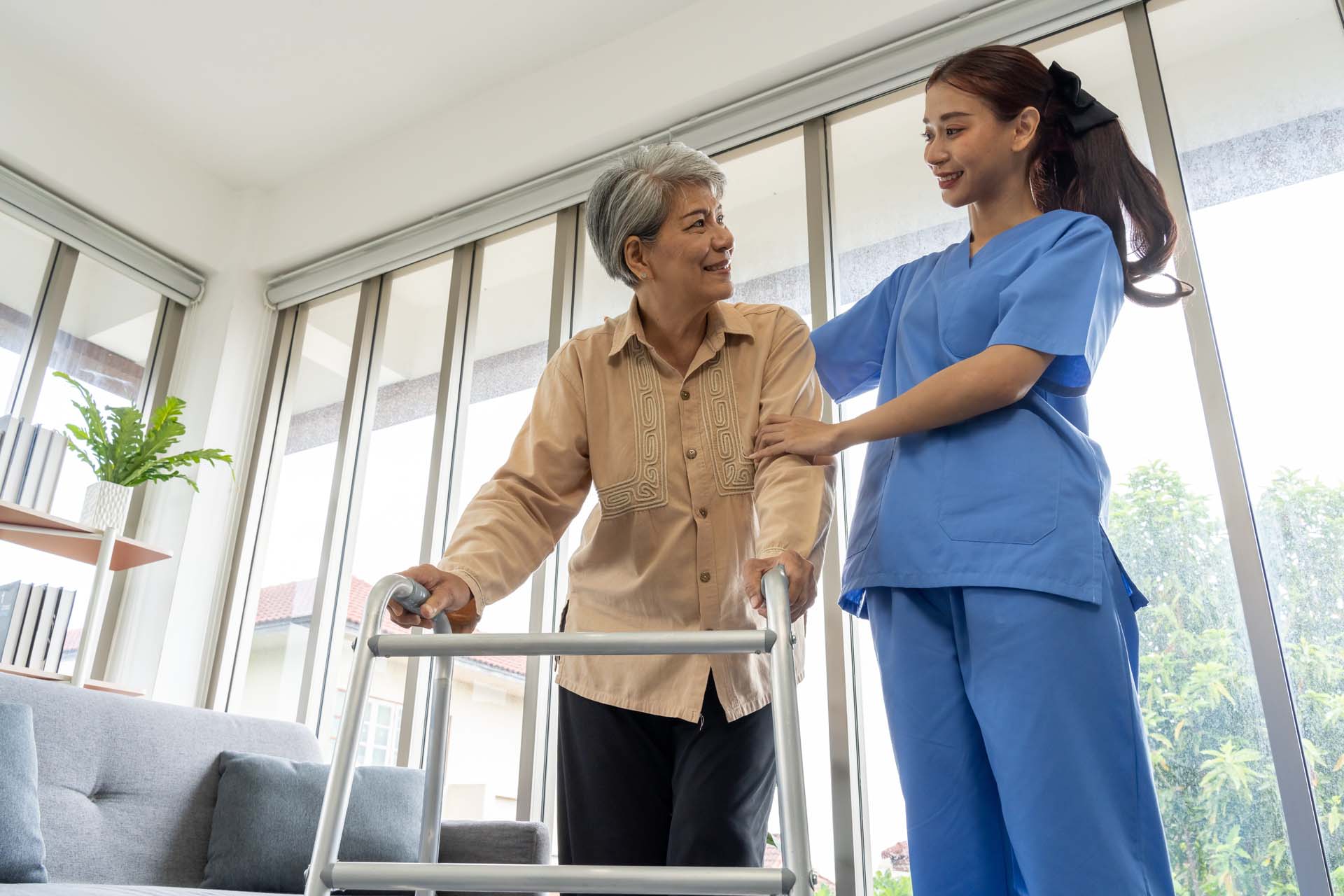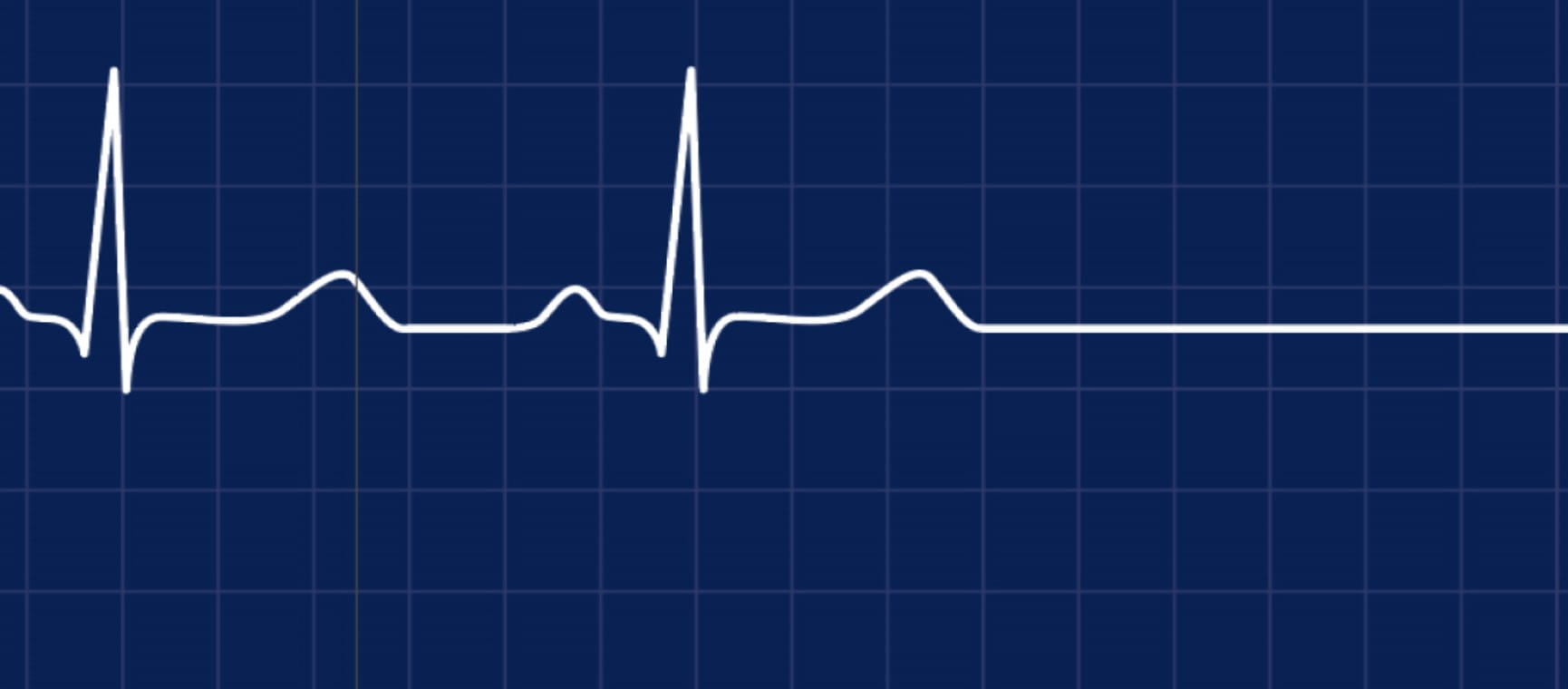
On paper, Julie Stevenson has plenty of reasons to support assisted dying legislation.
Her mother is in the late stages of Alzheimer’s disease; she has watched her father die of cancer. Julie herself has lived with multiple sclerosis for 34 years, and at her lowest, when depressed and in pain, she believes she might even have chosen this path had it been an available option.
Yet none of this has led her to support assisted dying – quite the opposite. For Julie, 53, a city councillor in Peterborough, it’s something to fear. She believes the impact on society’s most vulnerable – the elderly, sick and disabled – would be catastrophic.
"The 'right to die' is very popular at the moment, and very populist because it sounds so simple," says Julie. "But we have to examine where it would lead."
In Julie’s experience, care can be dignified and pain can be managed – in fact, her father’s hospice death was comfortable and free of pain– and disabled people can live full, meaningful lives, as she does herself.
But this requires funding and support, which is ever-dwindling.In Julie’s own council, for instance, the dementia resource centre, a lifeline to many families in the area, is currently reducing its services from five days a week to three.
And, UK hospices, faced with a £77 million funding deficit, are cutting large numbers of workers, including many clinical staff.
"If we take away the care that people need during the most difficult, frightening times of their life, you can see how very quickly they will feel life is not worth living and they are just a burden," says Julie.
In fact, research shows that ‘fear of being a burden’ is a common– and growing – reason that people choose to die this way in countries where it is available.It far exceeds the wish to avoid pain.
In Canada, the euthanasia programme MAID(Medical Assistance in Dying) is now the sixth leading cause of death (behind cancer, heart disease, Covid, accidents and strokes). The Canadian government has been very open about the savings in healthcare spend that come with it, estimated at between $34.7 million (£19.2 million)and $136.8 million (£75.8 million) a year.
Some sick and disabled people have seen a core change in their care since MAID’s arrival in 2016. One was urged by a nurse to ‘do the right thing’. Another, a veteran and former Paralympian, told how her requests for a wheelchair ramp were constantly refused with a caseworker quick to offer MAID instead.
"It’s horrendous and all levels of wrong," says Julie. "We have to fight this. We need care, not killing."
It’s a difficult debate, but one we must have.
At present, the push for assisted dying has a lot of momentum. Well-known, well-loved figures such as Dame Esther Rantzen – whose daughter Rebecca Wilcox backs the TV star’s wishes – and Jonathan Dimbleby have spoken in favour, with powerful personal stories.
Prime Minister Sir Keir Starmer supports it. The Terminally Ill Adults (End of Life) Bill, from Labour MP Kim Leadbeater, was published on November 12 and is due to be voted on by MPs at the end of the month.
.jpg?sc=max&mw=800&h=450&la=en&h=576&w=768&hash=18D0AD33DAAD37F613A516D55C5F6721)
There are also bills moving through parliaments in the Isle of Man, Jersey and Scotland.
While the arguments for the ‘right to die’ are compelling, it’s important to examine the arguments against, particularly since specialists who care for people at their most vulnerable – GPs, palliative medicine doctors and care of the elderly clinicians – are overwhelmingly opposed.
A survey of Scottish palliative doctors found that almost all would refuse to participate and nearly half said they would resign if their organisation practised it. Most believed it would negatively impact palliative care services and fail to protect vulnerable people from coercion – for example, from family members frightened of a long, slow death or the cost of care.
Dr Juliet Spiller is one of them. "Everybody is worried about a bad death," she says. "It’s the bogeyman in the corner. If I thought assisted dying was the answer, I would be supporting it. But I believe it’s the biggest threat to palliative care and the people we care for that there has ever been."
Not least, she says, because it’s likely to be funded out of existing palliative care budgets, as it is in the countries where laws on assisted dying have already been introduced. Dr Spiller claims the assisted dying lobby has promoted a myth about dying and pain.
"There’s this constant phrase used about 'dying in agony' and that hardly ever happens," she says.
"I’ve been a palliative care consultant for over two decades and most of the time, most people have a comfortable, peaceful, dignified death and the run-up is actually a precious time. I’ve seen amazing things happen both in hospices and in the home."
Almost 20 years ago, Baroness Ilora Finlay, a professor of palliative medicine and life peer, was asked to serve on a Lords select committee examining a bill on assisted dying. She looked at the research and visited countries where it was already offered.
"The more I saw, the more worried I became," she says. "These are decisions made very quickly by doctors who often don’t know the patient at all. It’s estimated that one in five people over the age of 65 in the UK are affected by abuse.
"There is no way of safeguarding against family pressure, emotional pressure and financial pressure to 'do the right thing'."
Professor June Andrews, expert in the care of older, frail people and those with dementia, agrees about the dangers of family pressure.
"How many stories do we hear where people are turning themselves inside out trying to avoid the cost of care?" she asks.
"The adult children think of it as family money rather than their parents’ money. Financial abuse of older people is a present, significant risk and dementia is diagnosed earlier all the time.
"It’s not hard to imagine how families could subtly push someone towards assisted dying, leaving them unsupported, avoiding trying to cheer them up so they decide it’s better to end it now."
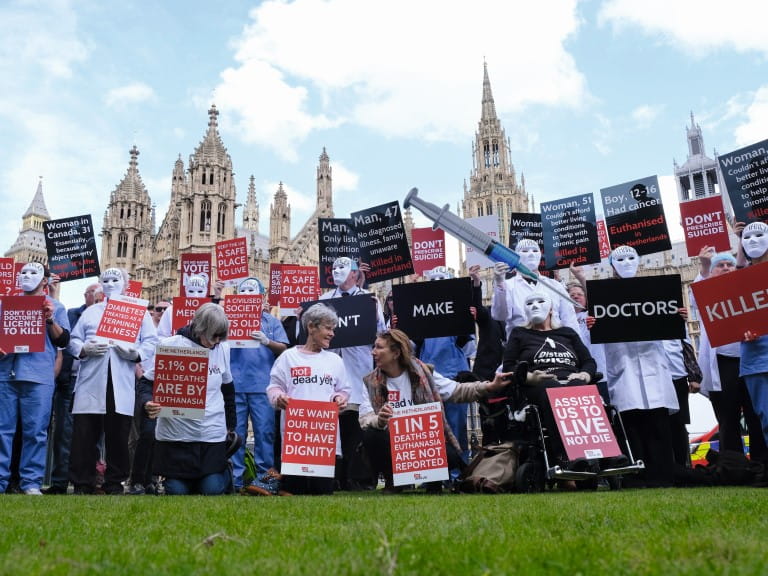
Baroness Finlay’s experience on the select committee disturbed her enough to co-found a think tank, Living and Dying Well.
"We were so horrified at the propaganda, we wanted to monitor the evidence, track the papers published," she says.
'Mission creep’ is one aspect that alarms her. Wherever offered, assisted dying invariably expands eligibility criteria, even if it begins with terminally ill adults only.
"In Quebec, it’s out of control now – heading for 10% of all deaths," she says. "In Belgium, only about half the cases are reported, but quite a lot are people with learning difficulties. Autism has been a reason, anorexia, child sexual abuse.
"If society has failed someone as a child, we should be redoubling efforts to support them, not saying, 'Fine, you don’t want to live'."
The impact of assisted dying laws on suicide rates is also a concern.
"When it was introduced in Victoria, Australia, the suicide rate was expected to fall by one a week," says Baroness Finlay. "Actually, it has gone up by one a week. All it does is normalise suicide."
Perhaps the least examined area – and the least discussed – is the manner of the death itself: the promise is that it’s a quick, peaceful, painless exit.
In Oregon, where there is an assisted suicide programme in which the patient self-administers barbiturates (90 to 100 tablets), the longest amount of time it has taken to die is 104 hours; the median is 52 minutes. Nine people have woken up again.
In countries that use medical euthanasia administered by doctors, methods usually involve injections of a short-acting anaesthetic, then a paralysing agent.
"The patient looks peaceful because they cannot move a muscle, but that certainly doesn’t mean they are," says Baroness Finlay. "That mixture was abandoned for judicial executions as it was deemed cruel."
Prisoner postmortems showed levels of anaesthesia consistent with awareness. The executed prisoners might have been aware but unable to move; fluid-filled lungs suggested an experience close to drowning or suffocation.
While these are very gruesome conversations, for the doctors arguing against assisted dying, it’s crucial that we have them.
"The current pro-euthanasia campaigners have lived their lives at a time when they had much more control over everything than their parents did – contraception, access to education, travel," says Prof Andrews.
"They are affluent. They are the people who 'do things'. They don’t like being vulnerable – with good reason. The voices you don’t hear are the vulnerable people who have things 'done to them'.
"‘I beg people to consider that a better answer for everyone is proper care, resources and support – because with assisted dying, we open a door through which terrible things will come."

For over four decades, Saga Magazine has been bringing you inspiring stories, trusted advice, and articles that matter. Now you can enjoy every issue delivered to your door at our lowest-ever price.

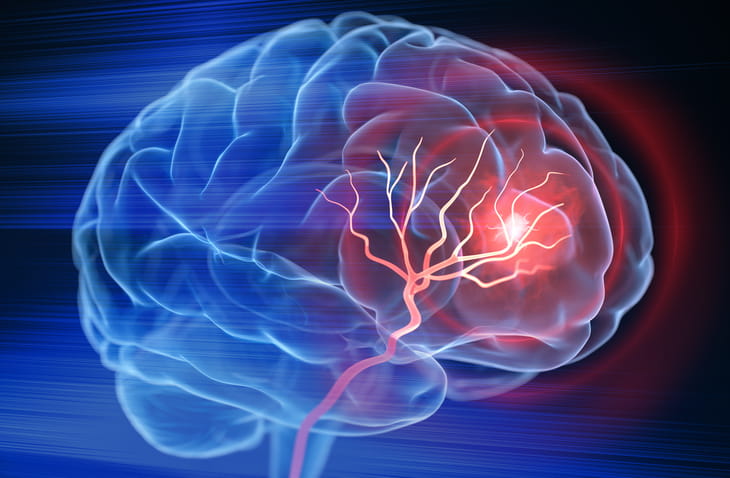
Facial weakness, a sudden headache and dizziness can all be signs of a stroke, we've got the facts from an expert.
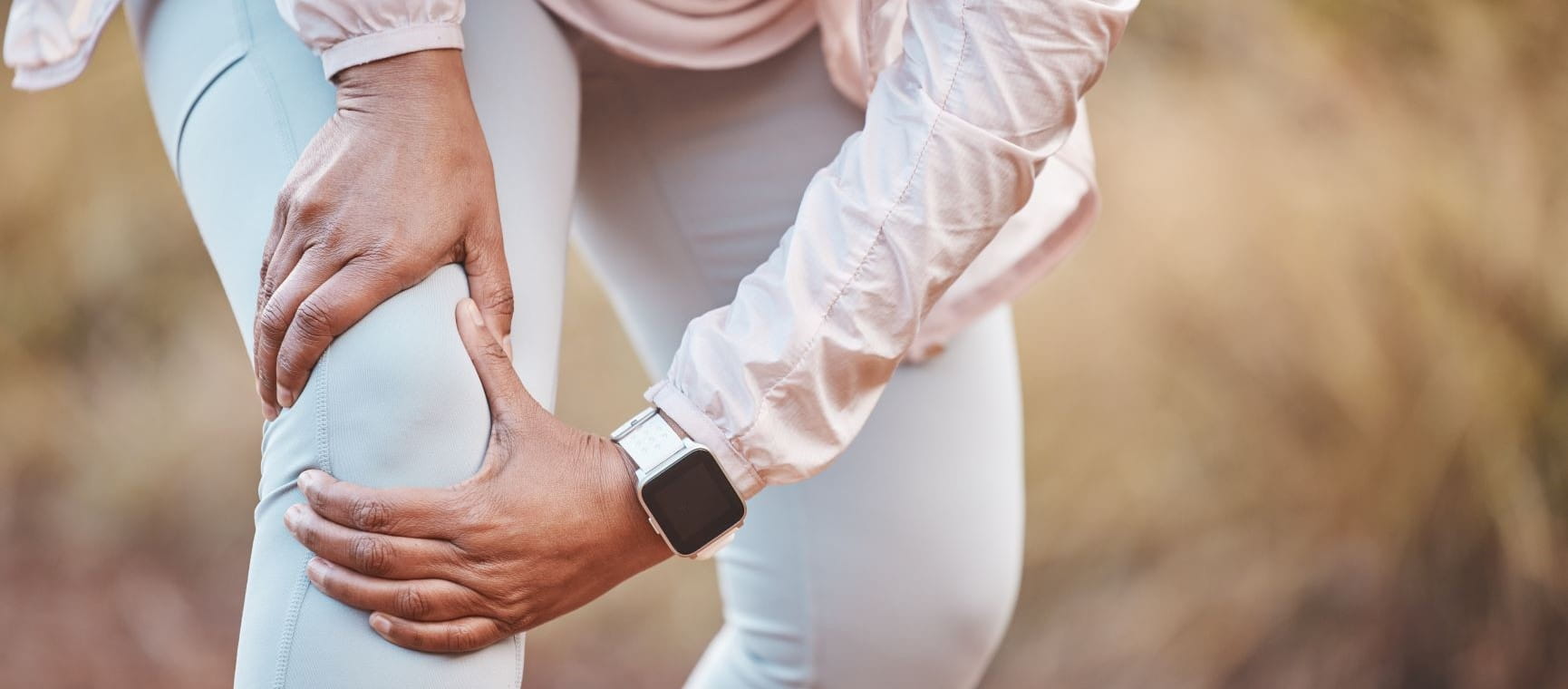
Knee pain is more common as we age: to help we've got the best advice from 3 leading experts with easy ways to make a difference.
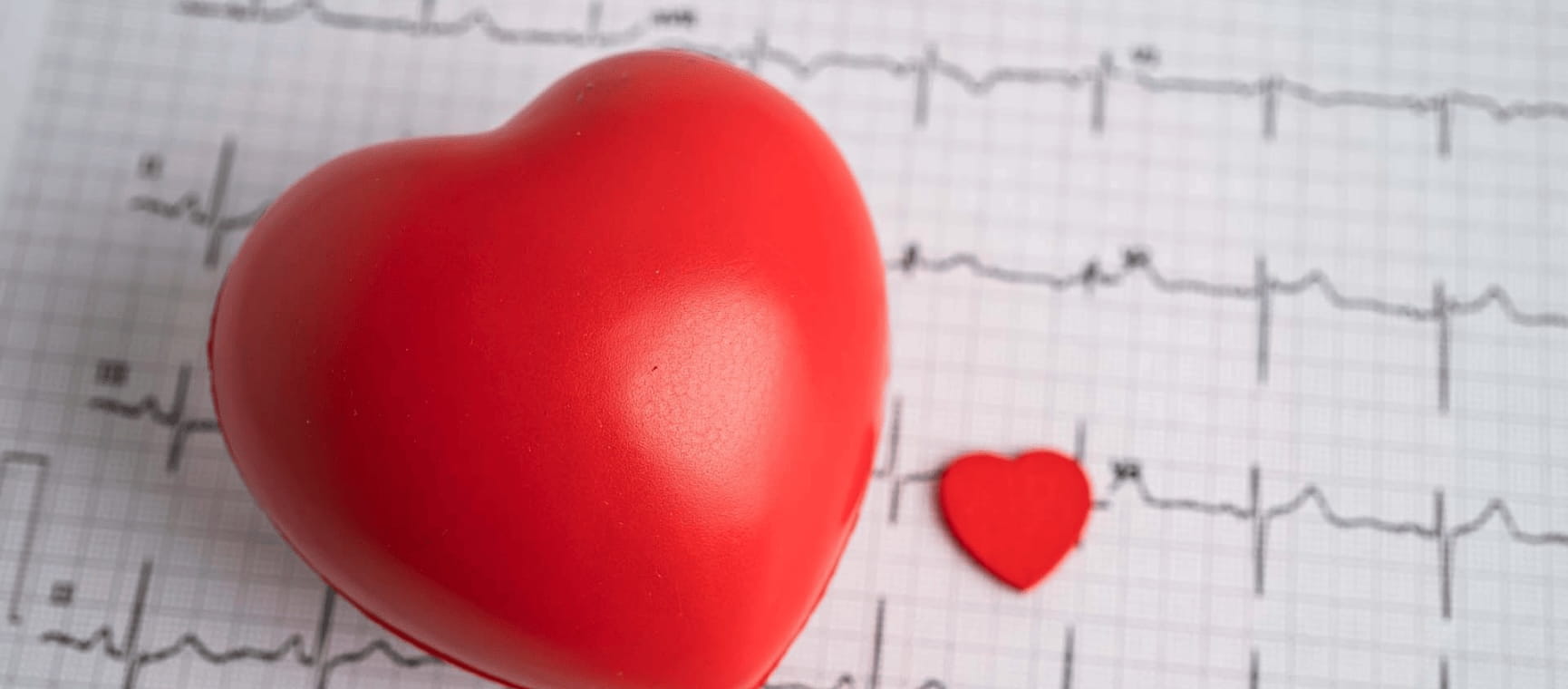
Do you know the symptoms of a heart attack? Here’s what to look out for, and how to prevent one.
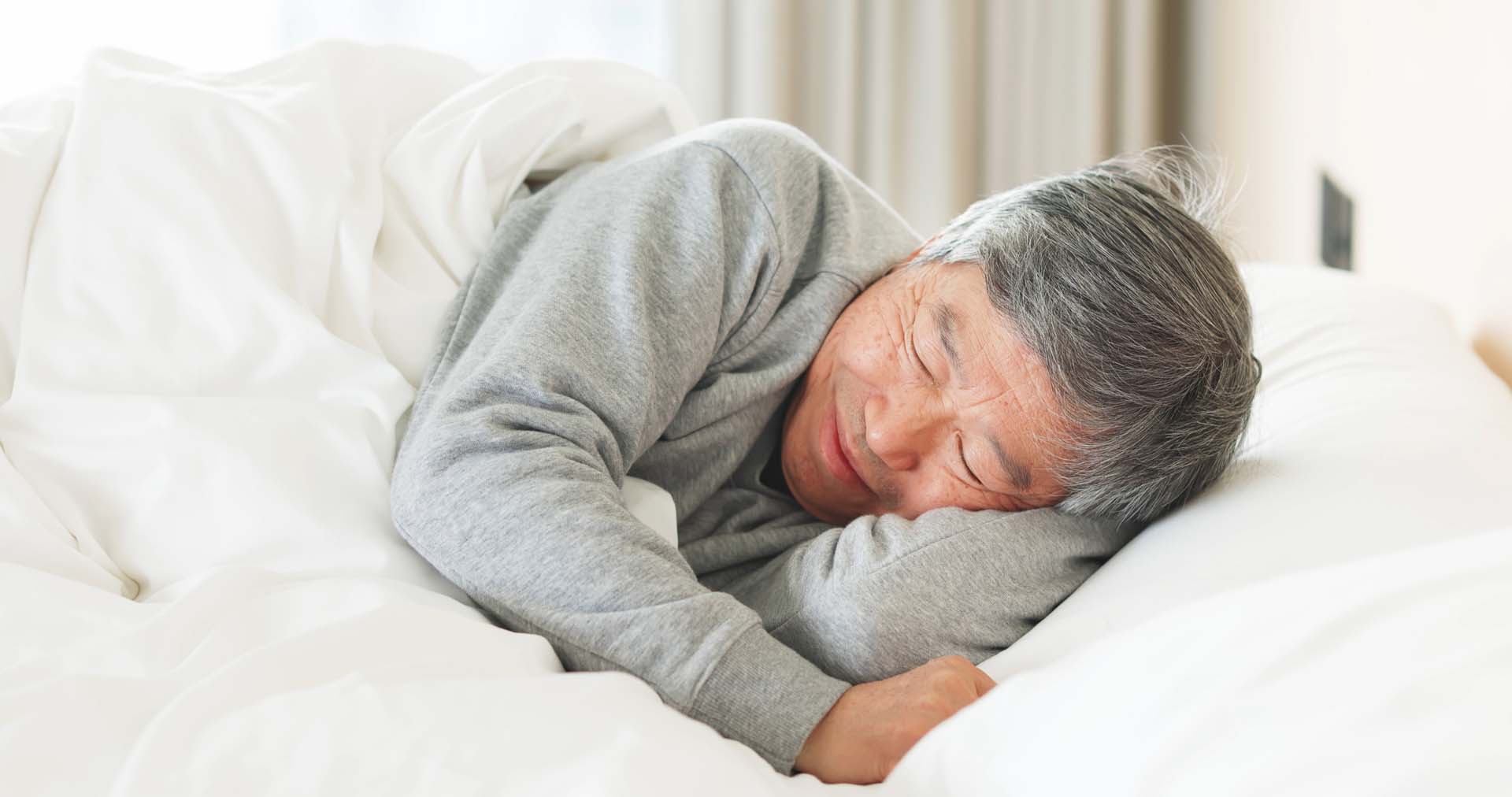
Front, back or side? Which sleeping position is best for you as you get older, and which ones you should avoid
